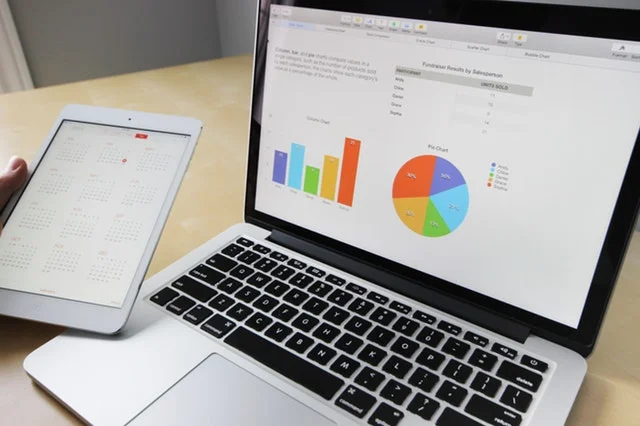Brits twice as likely to say ‘I love you’ than talk about finances during first month of dating
Data from ClearScore, shows that a staggering 40% of people deem being financially responsible a more attractive quality in a potential partner than being attractive themselves. Given that finances are on the tip of everyone’s tongue due to furlough schemes, increased redundancies and economic instability, it’s surprising that Brits are more than twice as likely to say ‘I love you’ in the first month of dating (16%), when compared to talking about their finances (7%).
When thinking about the ideal attributes in a potential partner over a third of Brits (37%) ranked being financially responsible the most irresistible quality above being empathetic (21%), modest (13%), or outgoing (12%), and deemed it just as important as being intelligent (37%). However, if you’re keen to make a match in 2021, a sense of humour beats everything else, with 63% of people choosing it as the most important attribute in a potential partner.
And if you’re hoping a flashy car or impressive job title might seal the deal for you, you’re in for a rude awakening, as almost three-quarters of people find having a good credit score and being good with money a more attractive feature in a potential partner than having a nice car (73%), or an impressive job title (72%). In fact, when asked to describe the attributes of someone with a good credit score, 69% said ‘responsible’, 63% said ‘trustworthy’, 48% said ‘honest’, and 42% said ‘intelligent’ - who wouldn’t want to be described in these ways?
Once you’re in a relationship, talking about your personal finances with your partner seems to still be the last real ‘taboo’, with a third of people (29%) avoiding the topic of personal finances with their partner as they don’t believe it’s any of their partner’s business. Indeed one in five (19%) say they wouldn’t talk about their personal finances within the first year of dating. The unease in sharing information about personal finances doesn’t seem to end as relationships progress either, with a staggering one in 10 people admitting to not talking about their personal finances until after they’re married, and 5% of people willing to do so only if they were planning to have children.
Talking - or not talking - about your personal finances with your partner is not only a roadblock in current relationships, it can cause serious future issues and even breakups. Almost half (42%) of people would break up with their partner if they found out they had lied about their personal finances, with over a third (36%) breaking up with their partner if they found out they had large debts, and a quarter (26%) if they believed their partner was bad with money.
Positively, 40% say they speak about their personal finances with their partner whenever they’re considering a big financial decision, and one in 10 people (10%) set up a regular date once a month or more to discuss their personal finances.
Justin Basini, CEO and Co-founder of ClearScore, says, “Talking about your personal finances can be nerve-wracking, but as soon as your finances begin to intertwine - whether that’s through a joint account, mortgage or loan, - you become financially associated and that person can impact your credit score.
Debt can be another hard topic to broach, with 10% of the general population saying they’re worried to talk about their personal finances with their partner due to personal debt, rising to 20% among 18-24yr olds. The first step is always the hardest, but setting up a personal finance date night can help create a safe space to talk through your finances in a constructive and empowering way.”
Tips on how to start talking about money with your partner:
Start early on
Starting an ongoing conversation around money early on can be the best way to ensure that you and your partner are on the same side when it comes to personal finances. Waiting until you have a money issue can mean that talks can become too emotionally charged, tempers may fray, and rash decisions are more likely.Go slowly
Start off slowly by talking about any smaller shared purchases you’re saving up for, your credit score or even if there are certain financial products you like using (if you’re really into your money management). Make money part of your everyday conversations and it will quickly become normal and not seem so scary. Trying to tackle everything from budgeting to debts all at once can make the experience unnecessarily stressful and mean you're less likely to speak about it moving forward, so take things step by step.Have a joint money goal
To normalise discussing your personal finances and get you both on the same page, sharing a joint money or savings goal can be a great idea. Whether it’s a joint holiday, a concert, a car or house deposit - having a joint goal in mind means you can discuss it regularly, feel excited about it, and helps to normalise talking about your personal finances.
Set up a date night
Once you feel comfortable going from smaller financial goals to discussing your personal finances in detail, it can be a great idea to set up a monthly date night to talk money. Have a list of topics you’d like to discuss, be sure to take turns to speak, be ready to compromise, and draw up a plan that you can both revisit later. Done monthly, this can be a great way to keep your finances on track, save yourselves money and improve your credit score - and your communication about money.
















































